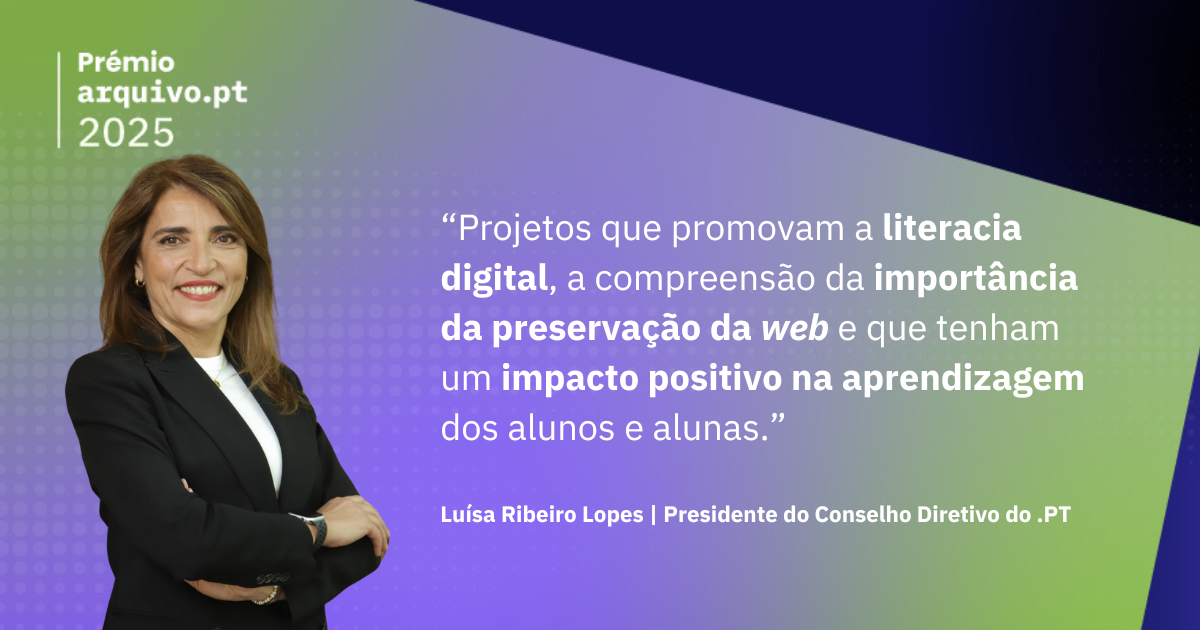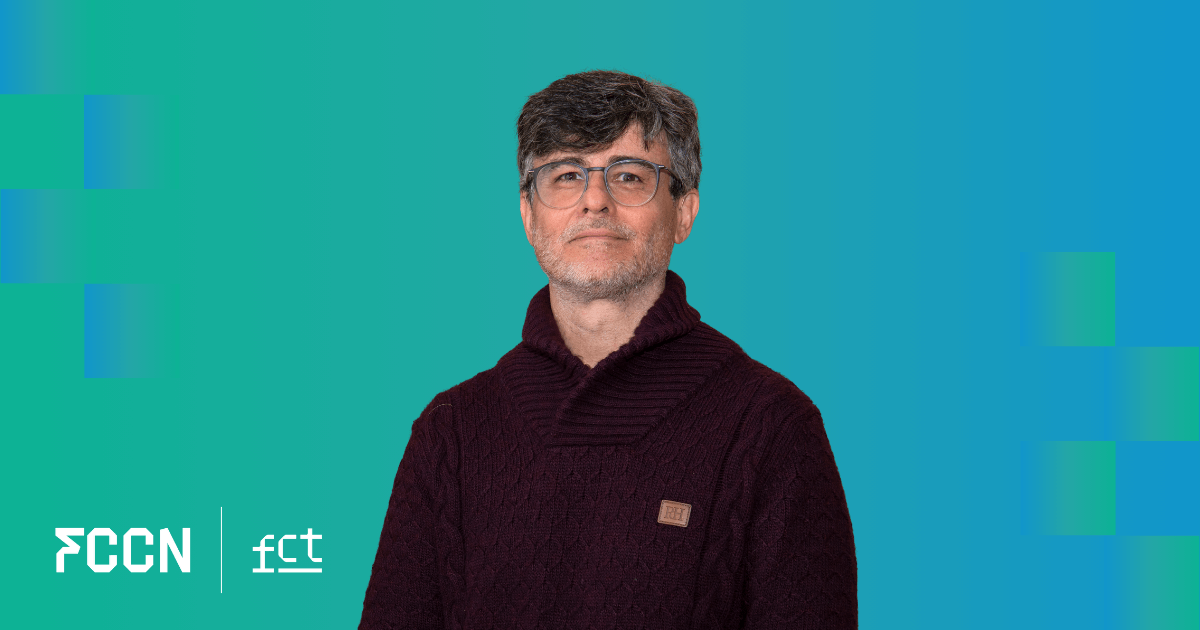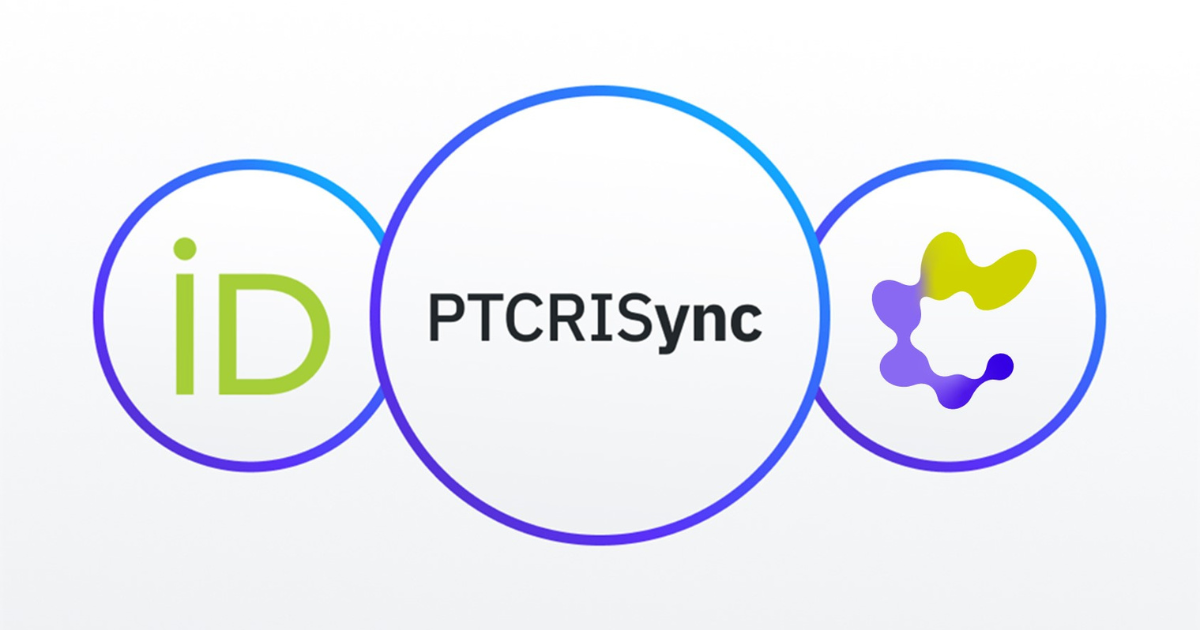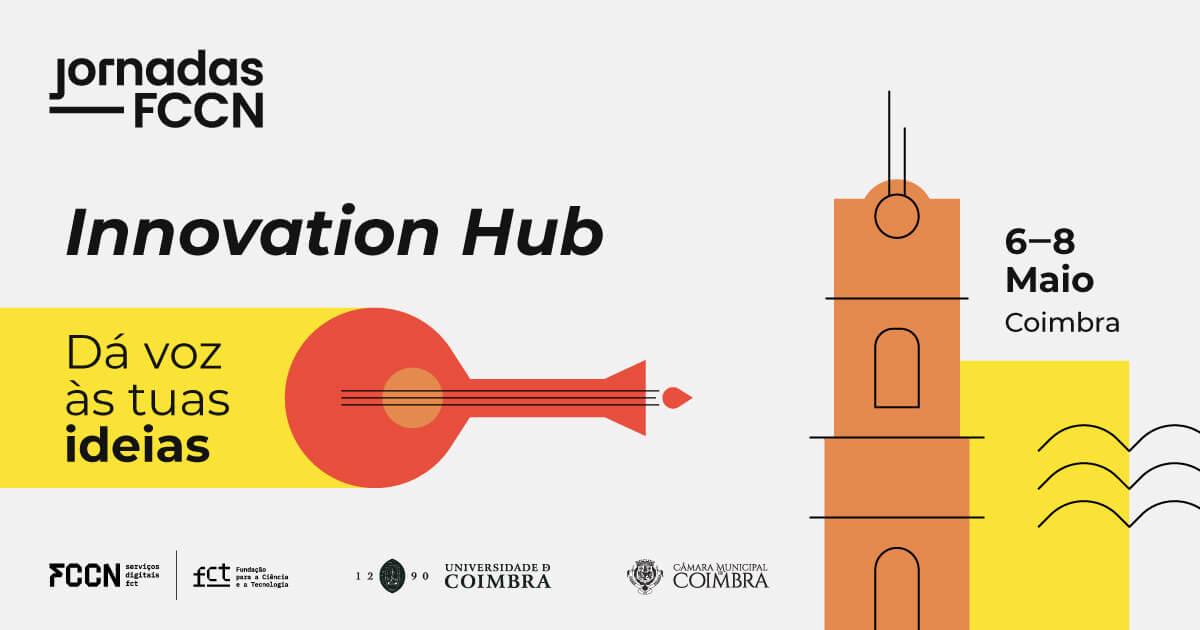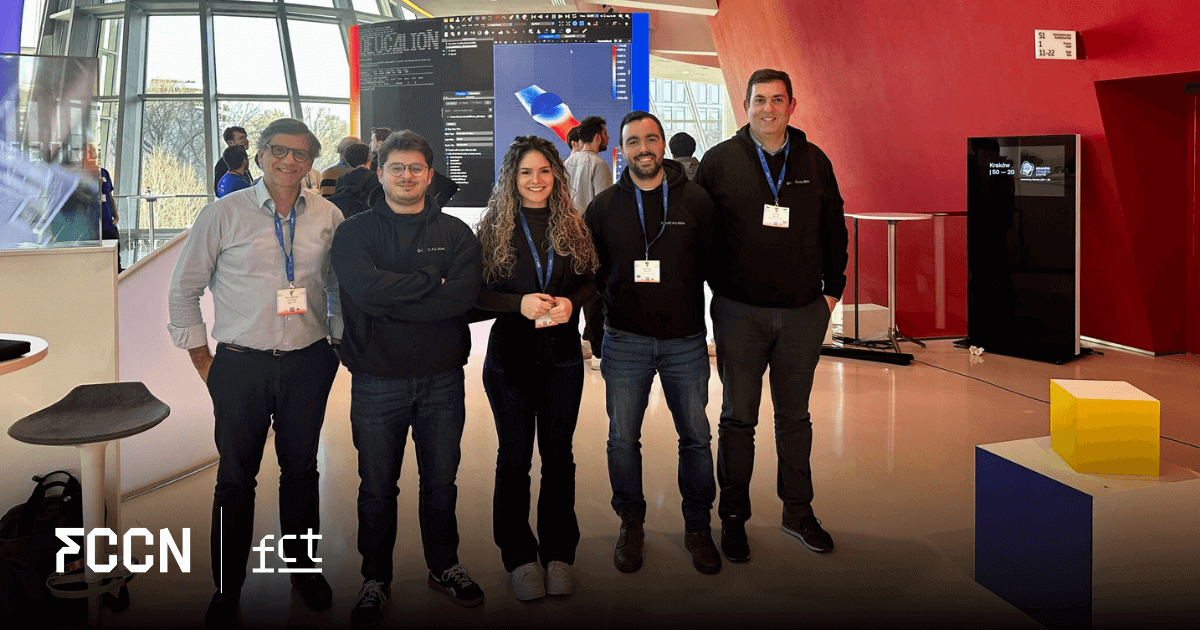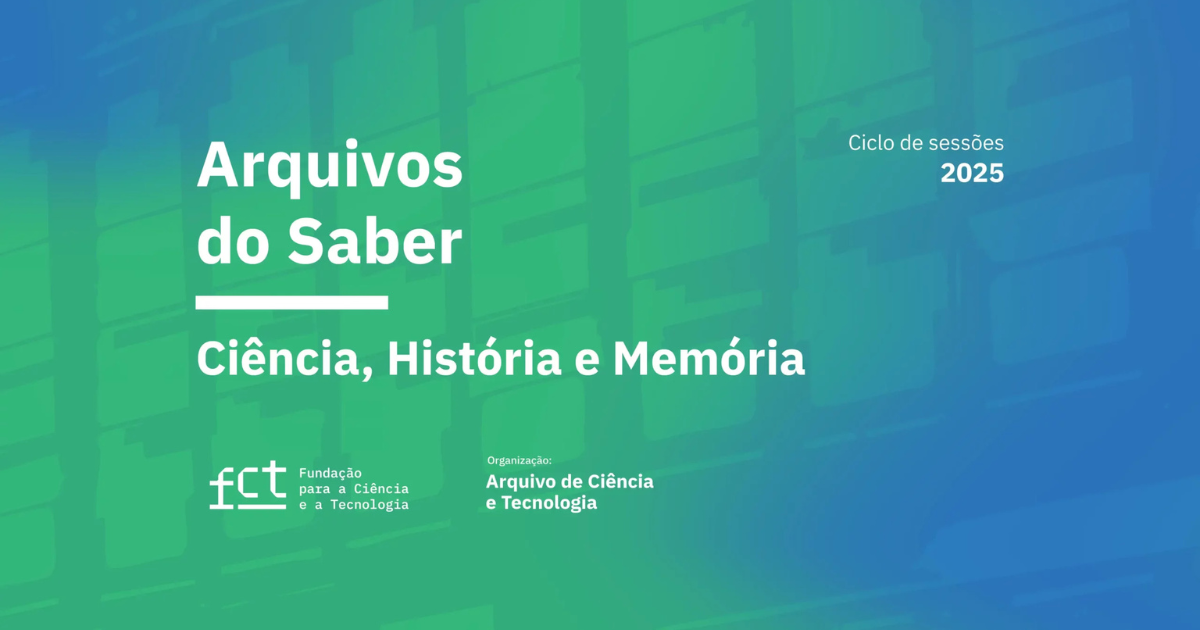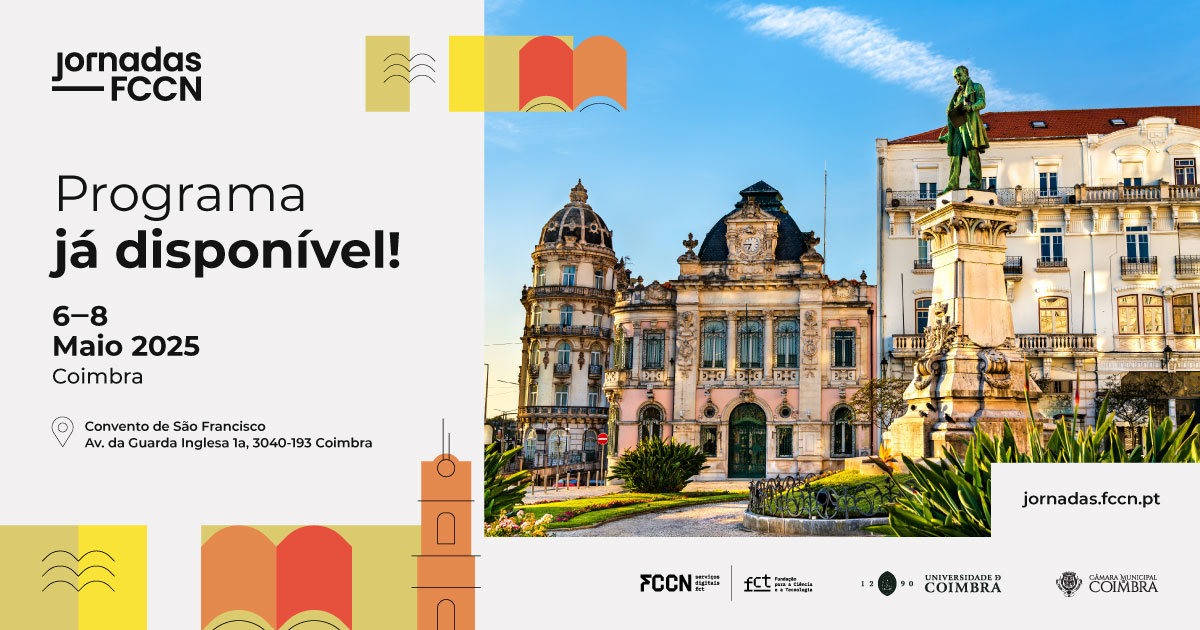Participation of the Unity delegation FCCN in the 16th edition of the international conference dedicated to Open Access reinforced national support for the Initiative 2020.
In the year of the 20th anniversary of the Berlin Declaration on Open Access to Knowledge in the Sciences and Humanities, the city hosted delegations from 38 countries from six continents to think about the past, present and future of Open Access. Ministers of Education and Science, researchers and academics, as well as representatives from higher education institutions, funding bodies or libraries were among the speakers at the 16th Berlin Open Access Conference (B16), which took place on June 6 and 7 in Berlin.
Portugal is one of the signatories of the Open Access 2020 (OA2020) and the association of the Foundation for Science and Technology (FCT), through the FCCN Unit, with this event demonstrates the national commitment to pursuing the objectives and mission of this program. "The FCCN Unit promotes, supports and facilitates the practice of Open Science by the national community, especially in the areas of open access, through b-on, RCAAP and PubIn, and open data, through POLEN," explains the Area Director of the FCCN Unit, João Mendes Moreira, in a text on the FCCN Blog. The implementation of open access principles and best practices has also been one of the priorities for b-on, which, in line with what was proposed by the OA2020 initiative, now offers authors the possibility of publishing their articles in open access with certain publishers, under what are known as transformative agreements.
At the end of the B16 proceedings, the various delegations released a statement that met with "a strong consensus" among the stakeholders present. In this text, the participants highlight the importance of the global open access transition "moving at a faster pace", underlining how "inequity is incompatible with scholarly publishing".
In this sense, they add, it is fundamental that the editorial independence and self-governance capacity of academic entities be guaranteed with regard to the publication process. On the other hand, "the rights of authors and their decision-making capacity must be fully respected.
Meeting these conditions, the document explains, is essential if "confidence is to be restored in the commitment of publishers to ensuring the integrity of scholarly communication" - something that can be achieved by "working with all members of the global research community to make Open Access fully and immediately effective.
Learn more about the Open Access movement

